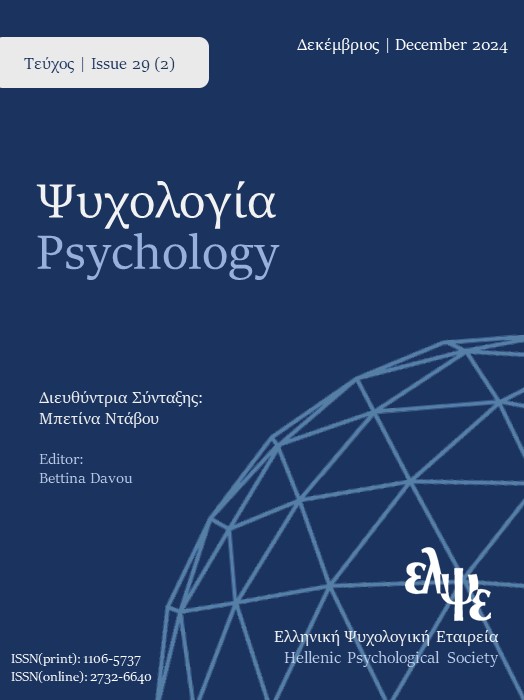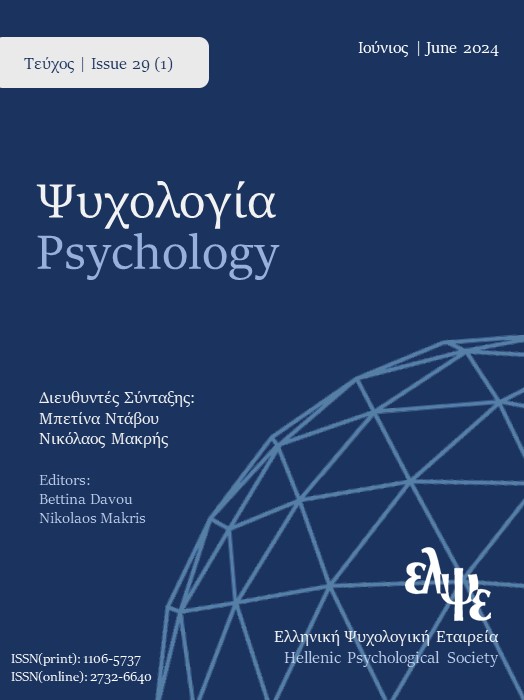Preschool teachers’ views about preschool death education: The role of perceived self-efficacy, perceived competence and death experiences

Abstract
Preschool educators’ views about preschool death education is researched in this paper. Specifically, we examined preschool educators’ personal perspectives on providing death education in relation to: a) their intra-personal characteristics, such as perceived self-efficacy and perceived professional competence to provide this kind of education, and b) their death experiences in the school environment. The sample consisted of 164 preschool teachers in Greek public schools. Perceived self-efficacy was found to be related to teachers’ perceived competence in dealing with death issues. However, no significant relationship was found between self-efficacy and teachers’ actual dealing with the topic. Death experiences in the school environment were found to relate positively to teachers’ perceived competence in providing death education. However, no significant relationship was found between these experiences and the level of dealing with the topic. The results indicate that preschool teachers realize the need for death education. However, this is difficult to become actual behavior, since they lack proper preparation. Educators need not only theoretical knowledge but a holistic preparation program that would ensure that they will be able to stand in front of preschoolers with sufficient knowledge, continuous training, increased self-efficacy, and perceived competence in order to be able to provide developmentally appropriate education.
Article Details
- How to Cite
-
Brouskeli, V., & Piperkou, I.-. K. (2024). Preschool teachers’ views about preschool death education: The role of perceived self-efficacy, perceived competence and death experiences . Psychology: The Journal of the Hellenic Psychological Society, 29(2), 24–36. https://doi.org/10.12681/psy_hps.36371
- Section
- RESEARCH PAPERS

This work is licensed under a Creative Commons Attribution-ShareAlike 4.0 International License.
The journal PSYCHOLOGY adopts a Platinum open-access policy. Submission, processing or publication costs are waived by the Hellenic Psychological Society. Papers published in the journal PSYCHOLOGY are licensed under a 'Creative Commons Attribution-ShareAlike 4.0 International' licence. The authors reserve the copyright of their work and grant the journal the right of its first publication. Third-party licensees are allowed to use the published paper immediately after publication as they wish, provided they retain the defined by the license copyright formalities, regarding the reference to its author(s) and its initial publication in the journal PSYCHOLOGY. Moreover, any adjusted work should be shared under the same reuse rights, so with the same CC license.



